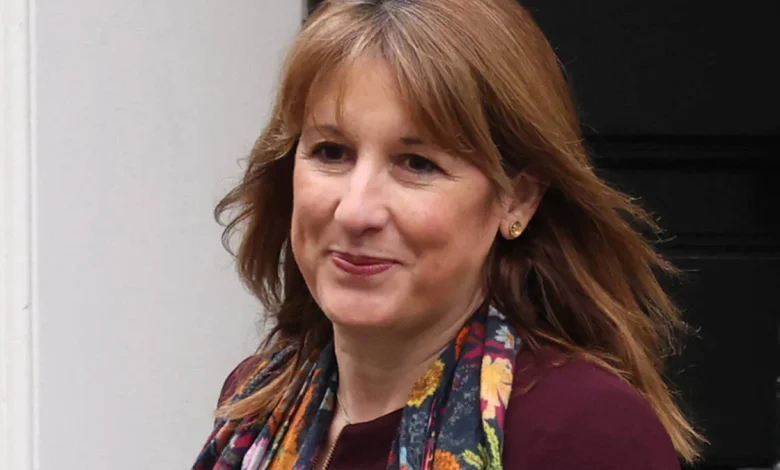Reeves ‘targets luxury homeowners with new £4,500 property tax’

In an attempt to balance the books, the chancellor is set to increase the threshold for this property tax, raising it from £1.5 to £2 million
In an attempt to balance the books, the chancellor will increase the threshold for this property tax, raising it from £1.5 million to £2 million.
Picture:
Getty
It’s expected wealthy people will once again be targeted by Rachel Reeves in the Budget, with the owners of Britain’s most expensive properties hit with a tax worth an average of £4,500.
In an attempt to balance the books, reports suggest the Chancellor will increase the threshold for this property tax, raising it from £1.5 million to £2 million.
In doing so, Reeves hopes to raise between £400 million and £450 million, which will be collected through council tax bills.
Read more: Chancellor ‘to scrap two-child benefit cap’ and pledge welfare reform in Budget
Read more: Transport Secretary defends potentially unpopular decisions in Autumn Budget
The existing council tax system will be used as the basis for the charge by the Treasury, as it revalues 2.4 million of the most valuable properties across bands F, G and H.
Picture:
Getty
The existing council tax system will apparently be used as the basis for the charge by the Treasury, as it revalues 2.4 million of the most valuable properties across bands F, G and H.
The hike will hit more than 100,000 of the most valuable properties, which will be banded depending on their value.
A broader version of the tax was initially planned, which would have started at £1.5 million and affected 300,000 households.
But the threshold was raised amid concerns the original bar would impact people who are “asset rich and cash poor”.
People will be able to defer paying the tax until they move house or die, to avoid situations where they may have to sell their homes to cover the cost.
Reeves’ plan could lead to a slowdown at the top of the housing market, the Office for Budget Responsibility has said.
The budget watchdog highlighted concerns that fewer properties would be sold as a result of the policy.
But a government source said the impact on the housing market is expected to be minimal.
A Whitehall source said: “The OBR has factored in a behavioural response to this with a knock-on effect on the housing market. It has a wider impact.”
The tax will not be implemented until 2028 at the earliest, when the revaluation of the top three bands has been concluded.
Lucian Cook, head of UK residential research at Savills, said: “You don’t want to undermine the housing market at a time you’re trying to build 1.5 million homes. There is a risk there will be a trickle-down from the top of the market.
“If they went too punitive there is also a risk of more capital flight. This is a compromise measure which looks much more about righting the perceived wrongs of the existing council tax system rather than looking to raise significant revenue.”
Reeves is planning several tax rises in Wednesday’s budget after dropping plans to break Labour’s manifesto pledge and increase the basic rate of income tax.
Low earners and those on benefits will be protected from the worst of the tax rises, the Chancellor told Labour MPs last week.
The two-child cap on benefit payments will also be scrapped, a move that will cost £3 billion a year, while benefits will be increased in line with inflation.
Reeves’ initial plan to overhaul welfare was abandoned after her own party’s backbenchers threatened to revolt.
A freeze on income tax thresholds for two years will also raise £8-£10 billion, but will mean more than 10 million people will be higher-rate taxpayers by the end of the decade.
Elsewhere, there will be a tax raid on pension contributions – which could be worth as much as £4 billion – as well as a gambling tax, a pay-per-mile tax on electric cars and a tourism tax.





